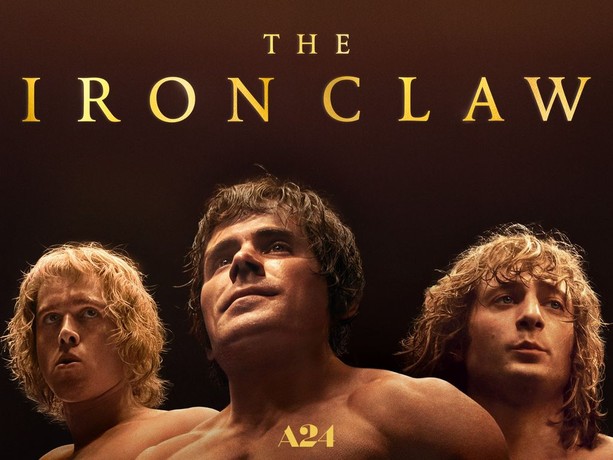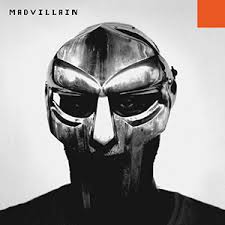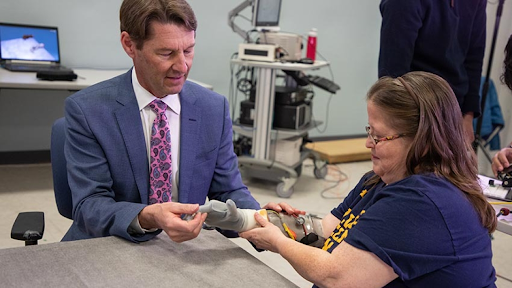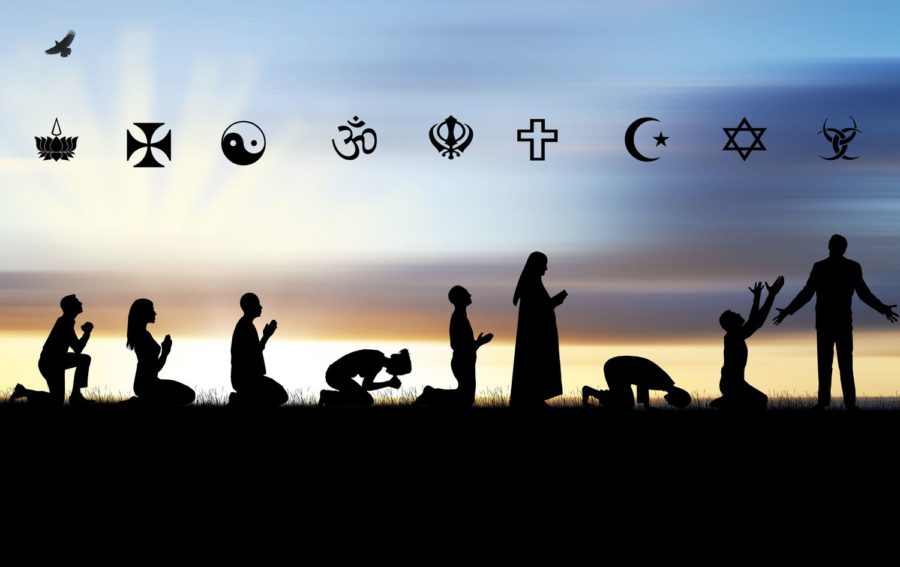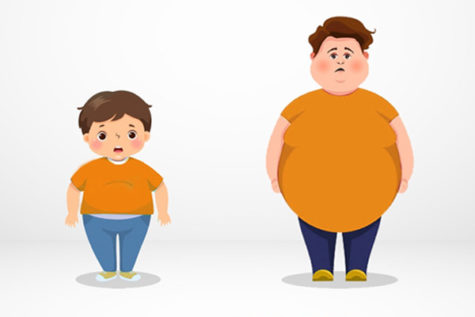Good Without God
February 3, 2023
Organized religion often brings people the one thing they crave: answers. In addition to providing answers for both creation and the afterlife, it provides an external source of validation for whether your actions and decisions are morally right or wrong.
But what happens when you remove religion from someone’s life? Many people would ask, “If you don’t believe in the existence of God, what is guiding your morals?”. Having been on both sides of religion, I understand why people debate both sides. But I believe that this has a rather simple answer, in that intrinsic motivation to act morally right is a much stronger and healthier method of judging morality.
The simple fact is that if you follow an organized religion, your morality is going to be guided by an external force to some extent. You seek validation that what you are doing is right, and that it will get you to some better place in the afterlife.
But what about your own values? By placing this power outside of your own hands, you are giving up your own values and morals. Let’s say you have to make some difficult moral decision, for example. If you believe that God would not intentionally mislead people, then you can trust Him and your senses to tell you the truth. But what if your actions left you with a bad outcome? You then place the blame on yourself for not following God’s word. But let’s say your choice goes well; you then give all the credit to God, saying that it was Him who guided you to the right path. You take blame, and accept no reward, leaving you with only guilt and regret, never once rewarding yourself with credit where credit’s due.
But, by removing this external force of God, you then place all blame and reward back on yourself. This makes you a more empathetic and thoughtful person, and creates a better sense of self and morality, since you are the source of both your good and bad decisions. If you act a certain way simply because it is how you are “supposed” to act, without really taking a moment to consider why you think or act that way, you aren’t really acting for your own beliefs, you are just blindly following.
Plato argued that following an ethical rule because God indicates it as good isn’t truly ethical. Morally good people would follow said rule because it is good, not because that is what God told them. If religion was the source of ethics, then ethics would be arbitrary and pointless since it isn’t the person making choices for themselves.
Think about your own relationships with your friends, parents, siblings, partner, etc. Empathy and logic are often the sources of our decisions. We want to choose the best options for not only ourselves, but for our relationships and the people around us, too. So what really guides our morals? Relationships and personal values. People value connection more than anything, it’s what makes us human- and I think empathy and logical reasoning are the real sources of our moral decisions.







